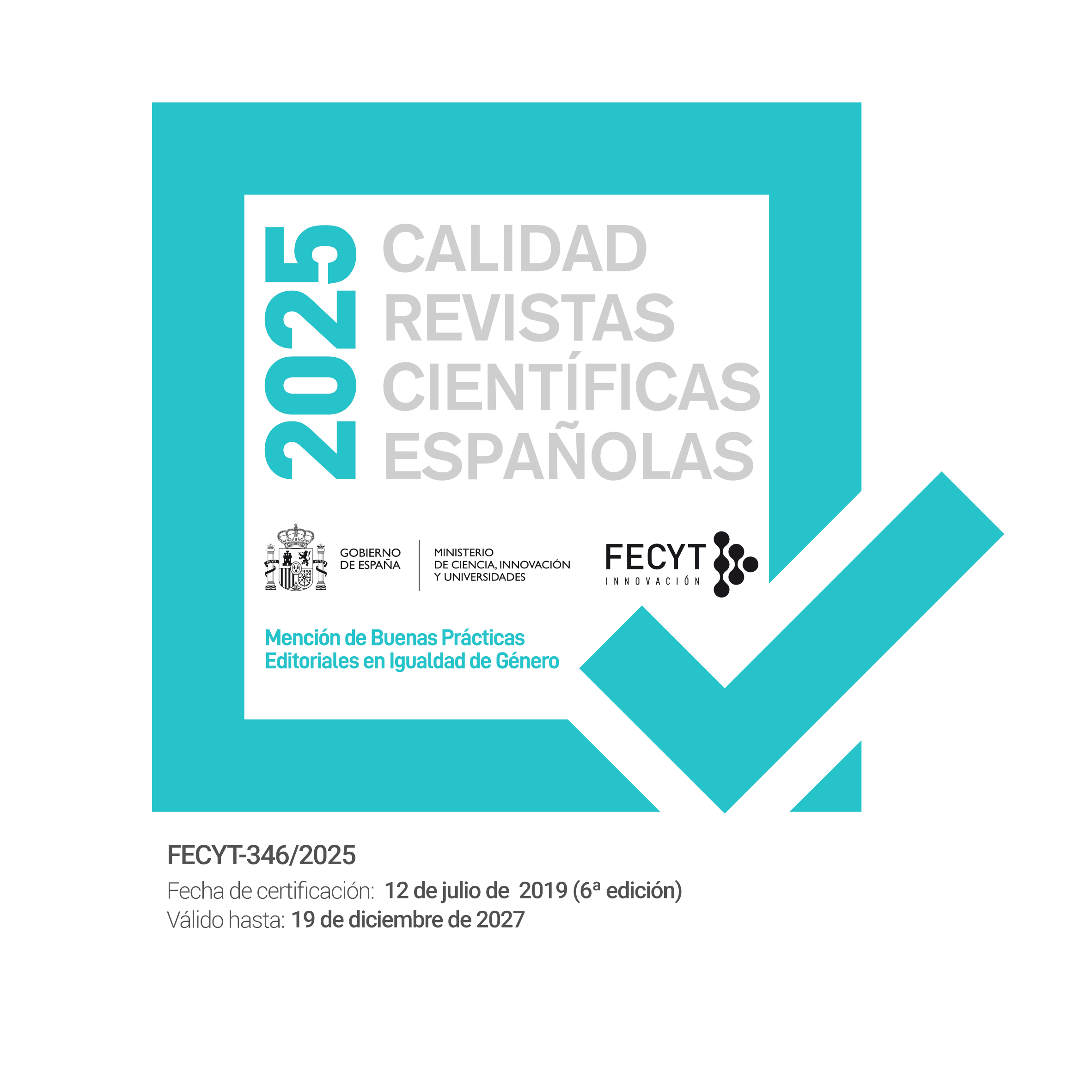La derecha radical populista en las Elecciones al Parlamento Europeo 2019. Diferencias y similitudes en la dinámica de comunicación
Palabras clave:
populismo, elecciones europeas, comunicación política, derecha radical, emocionesResumen
El siglo XXI ha denotado un refuerzo de las formaciones de derecha radical populista en Europa. Así, los comicios europeos de 2019 suponían un reto para las instituciones europeas ante el auge de estas formaciones en prácticamente todos los estados miembros. Este artículo tiene el objetivo de comprobar si los partidos de derecha radical populista siguen la tendencia comunicativa que la teoría establece para este tipo de formaciones y si, comparativamente con el resto de contendientes europeos, han marcado una diferencia en su estrategia comunicativa. Gracias a los datos del Project Platform Europe, se ha realizado un análisis de casi 10.000 materiales de campaña para poder concluir que, efectivamente, existen diferencias sutiles entre las formaciones de derecha populista y el resto de los partidos políticos que concurrieron a las elecciones europeas de mayo de 2019 y las pautas teóricas comunicativas se han cumplido a la perfección, lo que denota una americanización y polarización de la campaña electoral.
Descargas
Descargas
Publicado
Cómo citar
Número
Sección
Licencia
Derechos de autor 2021 Encrucijadas. Revista Crítica de Ciencias Sociales

Esta obra está bajo una licencia internacional Creative Commons Atribución-NoComercial-SinDerivadas 4.0.
Los autores/as conservan los derechos de autor y ceden a la revista el derecho de la primera publicación, con el trabajo registrado con la licencia de atribución de Creative Commons Reconocimiento-NoComercial (CC-BY 4.0), que permite a terceros utilizar lo publicado siempre que mencionen la autoría del trabajo y a la primera publicación en esta revista. Encrucijadas permite y se anima a todas las personas autoras a depositar la versión final publicada en repositorios institucionales o temáticos de acceso abierto, cumpliendo en caso necesario los términos establecidos por la entidad financiadora de la investigación.





